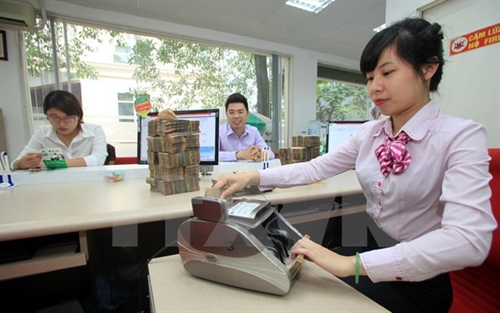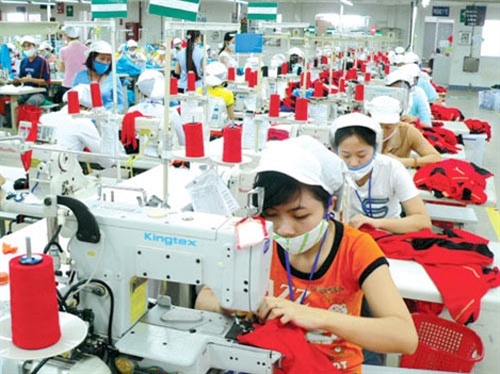The State Bank of Vietnam has recently revealed a draft circular guiding consumer lending activities of finance companies, which is expected to improve transparency in consumer lending, thus better protecting borrowers.
 |
| Finance companies would likely not be bound to the maximum lending interest rate of 20 percent set in the 2015 Civil Code__Photo: Internet |
Worthy of note, the draft does not set any ceiling interest rate on consumer loans. Instead, the central bank allows finance companies and their clients to reach agreements on loan interest rates. This means that finance companies would likely not be bound to the maximum lending interest rate of 20 percent set in the 2015 Civil Code, which will come into force early next year. Finance companies and their customers may also agree on the interest rate on late payments, which, however, must not exceed 10 percent per year.
Finance-banking expert Nguyen Tri Hieu highly appreciated these provisions, stressing that the ceiling interest rate of 20 percent specified in the 2015 Civil Code should not apply to finance companies as it is much lower than the average interest rate on consumer loans currently offered in the market. Given the fact that even credit card interest rates mount to 28-30 percent, it is unreasonable to force finance companies to be subject to the ceiling lending rate of just 20 percent, he said.
While banking experts welcomed the abolition of the ceiling interest rate on consumer loan, they seemed unpleasant with a provision setting a loan limit of VND 10 million for each customer, which, however, may be adjusted by the State Bank Governor to suit reality in each period.
According to Dr. Dang Ngoc Duc from the National Economics University’s Institute of Banking and Finance, such loan limit is unreasonably low and cannot meet borrowers’ essential demands such as purchasing furniture and domestic appliances and repairing houses. In order to prevent risks, finance companies should better clearly identify loan purposes and repayment capacity of customers rather than fixing a low loan limit. A loan limit of VND 50 million seems more appropriate, Duc suggested- (VLLF)









